
Amoxicillin is a commonly prescribed prescription drug, usually used to treat bacterial infections like Helicobacter pylori, intestinal infections, sinusitis, pneumonia, bronchitis and others.
This drug is an antibiotic from penicillin family, and it has similar effects like ampicillin. Just like other antibiotics, it should be taken in regular intervals, usually every eight or 12 hours. If this is not followed, the drug loses its ability to kill the bacteria.
There is a popular myth that alcohol must not be consumed during treatment with amoxicillin because when they combine, they interact in a negative way and may lead to dangerous complications and side effects.
Amoxicillin action and side effects
Amoxicillin belongs to a group of antibiotics called aminopenicillins, which are beta-lactam antibiotics. They work against bacteria by preventing them to build cell walls, so they eventually die. It comes it capsules, tablets and chewable tablets, suspensions and pediatric drops.
An overdose of amoxicillin can lead to low urine production and kidney failure.
Side effects of this drug are similar to those of other antibiotics. These usually include nausea, vomiting, oral and vaginal yeast infections, diarrhea and drowsiness. These side effects do not necessarily happen to everyone who takes amoxicillin, but they are the most common.
Amoxicillin and alcohol
It is not rare that a person, when he or she is offered a glass of alcoholic beverage, refuses explaining that they are taking amoxicillin and that the two must never be mixed. It is true that alcohol should be avoided while on amoxicillin therapy, but this applies to any therapy prescribed for a bacterial infection. The reason is simple: alcohol contains sugar, and sugar is food for bacteria, therefore it is advised not to mix alcohol and antibiotics in general.
There is no scientific proof that drinking alcohol while taking amoxicillin leads to dangerous side effects. It is true, however, that alcohol may exaggerate some of the side effects associated with this antibiotic, especially drowsiness, so it is recommended to stay off alcohol just to be on the safe side, especially if operating heavy machinery.
In addition, people who experience nausea as a side effect of amoxicillin can feel worse if they drink alcohol, because it is known that alcohol can cause nausea too.
Also, alcohol promotes fluid loss in the body and if taken in excessive amounts it can lad to dehydration. When the human body is exposed to a bacterial or any other infection, it needs to be properly hydrated, which is why it is always recommended to take a lot of fluids while sick.
For all these reasons it is still better to avoid alcohol until the infection subsides and until the amoxicillin therapy can stop.



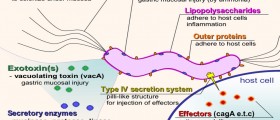


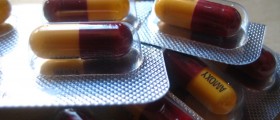

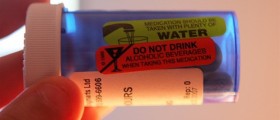

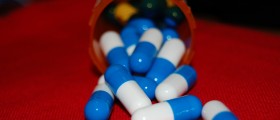

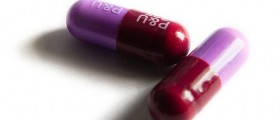

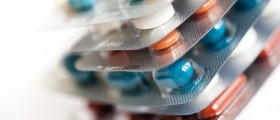


Your thoughts on this
Loading...